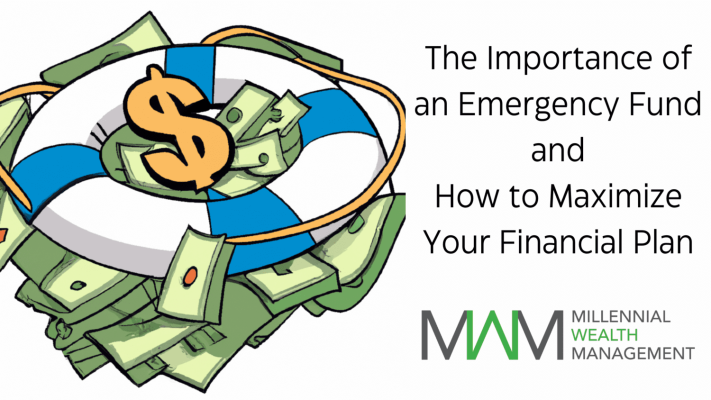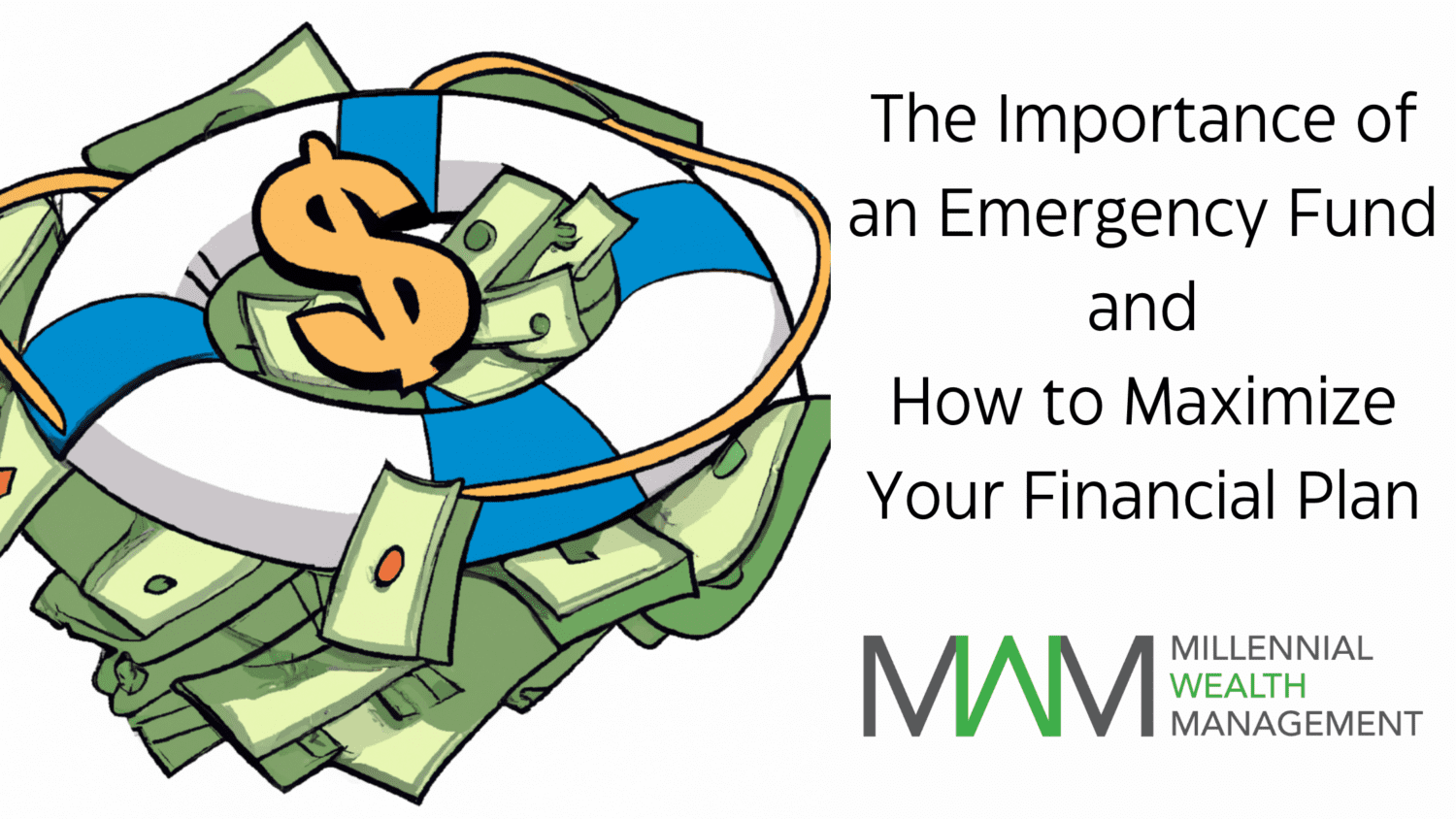The Importance of an Emergency Fund
As a financial planner, one of the most crucial pieces of advice I can offer is the importance of having an emergency fund. Life is full of unexpected twists and turns, and having a financial safety net can make all the difference in weathering those unforeseen events. In this post, we will discuss the multiple reasons to have an emergency fund, provide examples of when it’s useful, and explain how to manage extra cash after the emergency fund is fully funded to avoid cash drag and optimize your financial plan.
The Multiple Reasons to Have an Emergency Fund
-
Job Loss: Losing your job can be a massive blow to your financial stability. An emergency fund can provide you with a financial cushion to cover your expenses while you search for new employment, relieving stress and giving you time to find the right opportunity.
-
Medical Emergencies: Health issues can arise suddenly, and having an emergency fund in place can help cover out-of-pocket medical expenses or lost wages due to illness or injury. This can alleviate the financial burden and allow you to focus on recovery.
-
Car Repairs: Vehicle breakdowns are a common, yet costly, occurrence. An emergency fund can help you cover unexpected repair costs without resorting to high-interest debt.
-
Home Repairs: Unanticipated home repairs, such as a leaky roof or a broken furnace, can be expensive. An emergency fund ensures that you can address these issues promptly without compromising your financial stability.
-
Family Emergencies: Life events like the death of a loved one or the need to care for a sick family member can require travel or time off from work. An emergency fund can help you manage these expenses without derailing your financial plan.
What to Do with Extra Cash After the Emergency Fund is Fully Funded
Once you have successfully built an emergency fund that covers three to six months of living expenses, it’s time to start allocating any extra cash to achieve your other financial goals. However, it’s essential to be mindful of cash drag, the negative impact of holding too much cash on your overall financial plan.
Cash drag occurs when cash holdings earn little to no return, while inflation erodes its purchasing power over time. This can be detrimental to your long-term financial success. To avoid cash-drag and maximize your financial plan, consider the following steps:
-
Pay Off High-Interest Debt: If you have any outstanding high-interest debt, such as credit card balances, use your extra cash to pay them down. This can save you money on interest payments and improve your overall financial health.
-
Invest in Retirement Accounts: Contribute to tax-advantaged retirement accounts like a 401(k) or an IRA. These accounts not only provide long-term growth potential but also offer tax benefits that can help you save for retirement more efficiently.
-
Save for Other Goals: Allocate your extra cash towards other financial goals, such as saving for a down payment on a home, funding your child’s education, or starting a business. Determine your priorities and set up separate savings accounts for each goal to stay organized and focused.
-
Invest in a Diversified Portfolio: Consult with a financial planner to build a diversified investment portfolio tailored to your risk tolerance and financial goals. Investing in a mix of stocks, bonds, and other assets can help you grow your wealth over time while mitigating risk.
Conclusion
Having an emergency fund is an essential component of a sound financial plan. It provides a safety net during life’s unexpected events, offering financial stability and peace of mind. Once your emergency fund is fully funded, be proactive in allocating extra cash towards your financial goals and avoiding cash-drag to ensure the long-term success of your financial plan.
Securing Your Future With Premier Financial Solutions
The world of finances is riddled with complexities. From student loan repayments and debt management to asset allocation and retirement planning, millennials face much uncertainty when it comes to managing their wealth. Therefore, we at Millennial Wealth Management strive to provide a new approach to financial advice that not only enhances your level of financial literacy but also presents curated solutions that are tailored to help you achieve your life goals. Our team is equipped with the tools and expertise to analyze your current financial situation while also setting you up for future success. Visit our website or call a member of our team today and make the first step to taking control of your finances with confidence.

